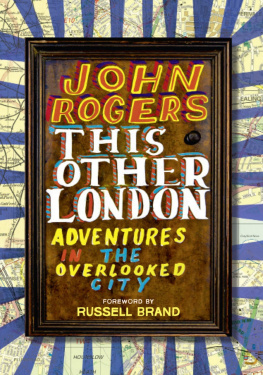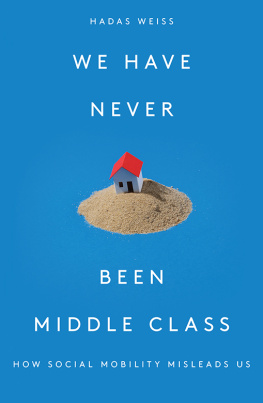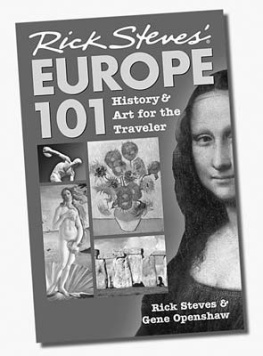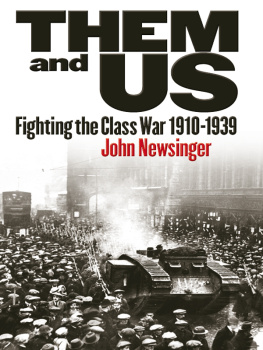John Stow - The Survey of London
Here you can read online John Stow - The Survey of London full text of the book (entire story) in english for free. Download pdf and epub, get meaning, cover and reviews about this ebook. year: 2019, publisher: Good Press, genre: Science. Description of the work, (preface) as well as reviews are available. Best literature library LitArk.com created for fans of good reading and offers a wide selection of genres:
Romance novel
Science fiction
Adventure
Detective
Science
History
Home and family
Prose
Art
Politics
Computer
Non-fiction
Religion
Business
Children
Humor
Choose a favorite category and find really read worthwhile books. Enjoy immersion in the world of imagination, feel the emotions of the characters or learn something new for yourself, make an fascinating discovery.
The Survey of London: summary, description and annotation
We offer to read an annotation, description, summary or preface (depends on what the author of the book "The Survey of London" wrote himself). If you haven't found the necessary information about the book — write in the comments, we will try to find it.
The Survey of London — read online for free the complete book (whole text) full work
Below is the text of the book, divided by pages. System saving the place of the last page read, allows you to conveniently read the book "The Survey of London" online for free, without having to search again every time where you left off. Put a bookmark, and you can go to the page where you finished reading at any time.
Font size:
Interval:
Bookmark:
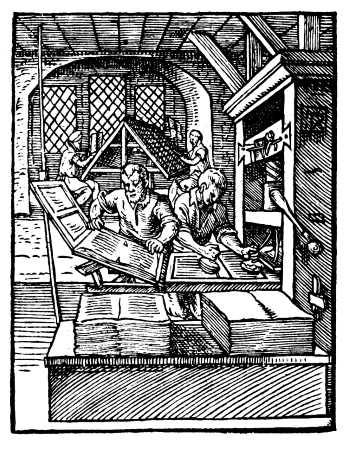
Stows Survey of London, from its first publication in 1598, has taken rank as the first authority on the history of London, but this very fame has been the cause of some injury to the unity of the work, owing to the additions of successive editors, whose words have often been quoted as if they were written by the original author, although often referring to occurrences long after Stows death.
What the reader of to-day wants, is the original work as it left the hands of the veteran antiquary, or as nearly as the change of spelling allows, because this gives him a vivid picture of Elizabethan Londonthe city in which Shakespeare lived and worked among a multitude of the men and women of those spacious days, respecting whom we are all eager to learn something more. The Survey is a masterpiece of topographical literature written by a Londoner of ripe experience, who was interested in everything that occurred around him.
Stow founded his work upon documents of great value collected by himself, and also upon the splendid series of manuscripts belonging to the city of London, to which he had access as feed chronicler of the corporation.
The great charm of the book to the general reader is to be found in the personal touches by which we are informed of changes and incidents which occurred in Stows own experience. Of this special feature several instances have been singled out, such as the boy fetching milk from the farm attached to the abbey of the minoresses, for which he paid one halfpenny for three pints; and the staking out by the tyrannical Thomas Cromwell of part of the gardens of Stows father and others in Throgmorton Street to be added to his own garden, which after his execution came into the possession of the Drapers Company, and are now covered by Throgmorton Avenue. Stow, in his description of the monuments of St. Pauls, alluding to the burial places of Sir Philip Sidney, Sir Francis Walsingham and Sir Christopher Hatton, says of the latter under a most sumptuous monument where merry poet writ thus
For great Christopher takes all the roome.
Henry Holland, in his Monumenta Sepulchralia Sancti Pauli, 1614, tells us that there is no doubt but the merry poet was the merry old man Stow himself.
During the whole of his life Stow was indefatigable in his work, but he kept the best wine for the last. The first edition of the Survey of London was published in 1598, when he was past seventy years of age, but there can be no doubt that the whole of his previous life was a preparation for his great work. He always lived in London, and he was interested in every particular connected with his native city. Nothing of value in its history ever escaped him, and what he did not personally know, he often obtained information of from older men than himself. Some of his informants could tell what their fathers saw, so that their reminiscences often take us back to a long past time. It is this mixture of the personal remembrances of old men with his own memory of what he had seen, and his careful examination of places himself, in corroboration of tradition, which give such special value to his book.
Stow was always in search of information at first hand, and other authors were glad to avail themselves of his wide experience. Sir George Buck, when writing the History of Richard III., availed himself of Stows information that he had talked to old men who remembered that maligned king as a comely prince. Stows arrangement of his materials is admirable, and many modern topographers might imitate him with advantage. He himself acknowledged that the model for his Survey was his friend William Lambardes excellent Perambulation of Kent, 1576. Some of his explanations of the names of places, being grounded on historical evidence, are often of great value, but others are little better than crude guesses. This is not to the discredit of an author writing in the sixteenth century, but some modern writers, who ought to have a better knowledge of the origin of place names, have been unwise enough to quote these as possible etymologies. Mr. C. L. Kingsford, in his excellent edition of the Survey, has corrected most of these from trustworthy old documents. Stow improved his book in the second edition, published in 1603, two years before his death, but he omitted some passages in the first edition which are of interest to us, and which are noted in this edition.
Although it is chiefly the Survey which keeps Stows memory green in popular esteem, his other literary productions were highly appreciated by many distinguished contemporaries. He found a valuable patron in Archbishop Parker, for whom he edited some old chronicles. Among his many friends must be named Camden, Lambarde, Savile, Dr. Dee, Robert Glover, Somerset Herald, and Fleetwood the Recorder, who hung in his study a portrait of Stow inscribed, Johannes Stowe, Antiquarius Angli. The antiquary was very proud of this honour, and he told Massingham, who records the incident in his diary, that he thought himself worthy of that title for his pains.
Stow was born about the year 1525, and came of a good London stock, his grandfather and father were tallow chandlers, and supplied the church of St. Michael, Cornhill, with lamp oil and candles. Thomas Stow, the grandfather, died in 1527, and directed his body to be buried in the little green churchyard of St. Michael, Cornhill, nigh the wall as may be by my father and mother.
We have no particulars as to John Stows schooling, and Mr. Kingsford points out that his remarks in the chapter of Schools and other houses of Learning, respecting his seeing the scholars of divers grammar schools repair to the churchyard of St. Bartholomew, Smithfield, to a scholastic battle of disputation hardly suggests that he took part in their exercises.
The general opinion seems to be that he was self-taught, but it is strange that the son of a fairly well-to-do citizen should not have been a scholar at one of these free grammar schools. He did not follow his fathers business as a tallow chandler, but set up for himself as a tailor, in a house by the well within Aldgate, over which in later times a structure was erected widely known as Aldgate pump. Tailors have very generally had to put up with threadbare jokes on their trade, and Stow was no exception to the rule. Aubrey reports that Sir Henry Spelman said to Sir William Dugdale, We are beholding to Mr. Speed and Stow for stitching up for us our English history, and Aubrey adds, It seems they were both tailors. Stow was admitted to the freedom of the Merchant Taylors Company, on 25th November 1547, but was never called to the livery or any office in the company. At the same time he seems to have been highly esteemed, and was helpful to the company. He became a pensioner about 1578, and received four pounds a year until mid-summer 1600; this is sometimes called his fee and sometimes his pension. At the latter date, when he had fallen upon evil days, his pension was increased to ten pounds a year. This information is given by Mr. C. M. Clode, under the heading of the loving brother of this mysterie, John Stowe, in his Memorials of the Fraternity, 1875.
Stows first literary work is one that does him great credit, namely, the 1561 edition of Chaucers works, and subsequently he helped his loving friend Speght with notes from divers records and monuments, which that friend used in his edition of Chaucer published in 1597. He then turned to the publication of the results of his historical studies. In 1565, he brought out
Font size:
Interval:
Bookmark:
Similar books «The Survey of London»
Look at similar books to The Survey of London. We have selected literature similar in name and meaning in the hope of providing readers with more options to find new, interesting, not yet read works.
Discussion, reviews of the book The Survey of London and just readers' own opinions. Leave your comments, write what you think about the work, its meaning or the main characters. Specify what exactly you liked and what you didn't like, and why you think so.



